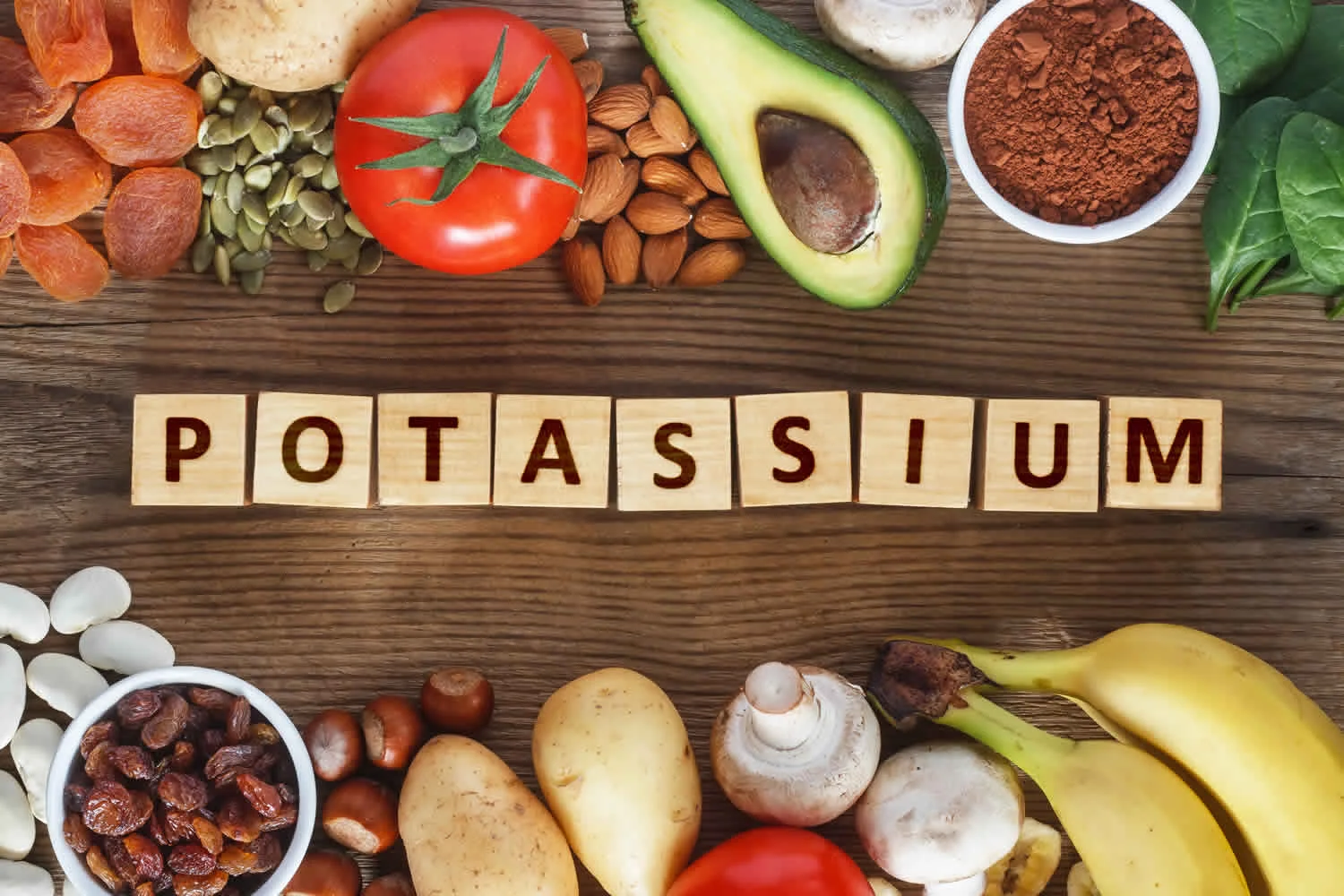Prescription medications play a pivotal role in healthcare, often providing relief and improved quality of life for countless individuals. However, behind the curtain of therapeutic benefits lie certain drugs entangled in legal battles due to severe side effects.
In this article, we’ll look into the legal complexities surrounding four drugs currently facing lawsuits due to their serious adverse effects.
Xarelto (Rivaroxaban)
Xarelto, an anticoagulant prescribed to prevent blood clots, has become the subject of numerous lawsuits centered on allegations of severe bleeding events. Thousands of individuals claiming serious injuries resulting from Xarelto (rivaroxaban) have taken legal action against the drug companies, seeking compensation.
Certain plaintiffs claim that their family members sustained fatal injuries as a result of the anti-clotting medication. The primary argument in these lawsuits revolves around the accusation that the manufacturers failed to adequately warn about the risks associated with Xarelto use.
According to Drugwatch, over 25,000 federal lawsuits have been filed, claiming that the companies are profiting substantially from the blockbuster drug. These legal actions allege that such profits come at the expense of jeopardizing the safety of Americans.
Legal claims extend to allegations that Xarelto caused complications such as surgical wounds developing leaks, infections, and other issues.
In March 2019, Johnson & Johnson and Bayer agreed to a settlement of $775 million, resolving the majority of remaining Xarelto lawsuits. Under the settlement terms, each company committed to covering half of the total settlement costs.
Suboxone (Buprenorphine-Naloxone)
Suboxone, a pivotal medication in opioid dependence treatment, integrates buprenorphine and naloxone. Initially introduced as a tablet in 2002, it later evolved into a sublingual film formulation designed to dissolve beneath the tongue.
Controversy surrounds Suboxone as lawsuits allege that its acidic formula has led to tooth damage, a prevailing issue in the Suboxone tooth decay lawsuit.
Despite the availability of the sublingual form since approximately 2013, a formal warning about the dental risks only emerged in 2022. According to Consumer Notice, individuals pursuing Suboxone lawsuits claim significant tooth loss and insurmountable dental expenses. According to TorHoerman Law, many grapple with the challenges of tooth loss and the financial burden of securing replacements.
The U.S. Judicial Panel on Multidistrict Litigation took a significant step on February 2, 2024, by consolidating Suboxone lawsuits into multidistrict litigation. Legal representatives are aiming to transfer the litigation hub to the Northern District of Ohio, where 15 cases have already been filed. As of February 2024, no information regarding settlements or trial dates has been disclosed for Suboxone dental lawsuits.
Invokana (Canagliflozin)
Invokana, developed by Janssen Pharmaceuticals, a subsidiary of Johnson & Johnson, is an oral medication for controlling blood sugar in type 2 diabetes. Approved by the FDA on March 29, 2013, Invokana inhibits sodium-glucose co-transporter 2. This carrier facilitates glucose reabsorption through the kidneys into the bloodstream, as reported by Drugwatch.
On May 15, 2015, the FDA issued a warning regarding the potential risk of diabetic ketoacidosis associated with SGLT2 inhibitors like Invokana. Diabetic ketoacidosis occurs when cells lack sufficient insulin, potentially leading to severe outcomes such as diabetic coma and death. At least 20 cases of diabetic ketoacidosis were identified in the FDA Adverse Event Reporting System (FAERS).
Moreover, on May 18, 2016, another FDA warning was issued. It emphasized a heightened risk of foot, leg, and toe amputations linked to canagliflozin, the active component in Invokana. This alert was prompted by an interim analysis of the Canagliflozin Cardiovascular Assessment Study (CANVAS) trial, revealing amputation risks as follows:
– 7 cases per 1,000 patients treated daily with 100 mg of canagliflozin.
– 5 cases per 1,000 patients treated daily with 300 mg of canagliflozin.
– 3 cases per 1,000 patients treated with a placebo.
These serious concerns triggered public outcry and resulted in a wave of lawsuits. In October 2018, Johnson & Johnson reached a settlement agreement compensating the majority of the 1,000 Invokana lawsuits filed in the MDL class action. As of January 2023, there are 85 remaining “active” cases in the MDL.
Zantac (Ranitidine)
Introduced in 1983 and distributed in the United States by Sanofi, Zantac gained popularity for effectively treating acid reflux and related conditions. It was available in both prescription and over-the-counter forms.
However, according to Forbes, studies revealed that Zantac breaks down into a known cancer-causing agent. Recent research suggests increased danger in specific conditions like certain foods, high temperatures, or prolonged storage, intensifying the presence of the cancer-causing agent.
In 2019 and 2020, when the FDA raised concerns about Zantac, the product became scarce on shelves, leading to a surge of lawsuits. Numerous state lawsuits targeted Zantac manufacturers and sellers, alongside over 2,000 federal cases consolidated into a Multidistrict Litigation (MDL).
In December 2022, U.S. District Judge Robin Rosenberg dismissed the Florida-based MDL, citing unreliable methods by the plaintiff’s expert in connecting Zantac to cancer. This dismissal affected around 50,000 plaintiffs, but they are likely to appeal. Meanwhile, tens of thousands of cases in state courts continue to progress.
In conclusion, these legal battles underscore the imperative for pharmaceutical companies to prioritize transparency, rigorous testing, and clear communication on potential side effects. Patients have the right to be informed about the risks of the drugs they take. The legal actions against these medications emphasize the importance of accountability in the pharmaceutical industry.
As these lawsuits unfold, they spark a broader conversation about balancing innovation, profit, and the well-being of those relying on prescription medications for their health.



